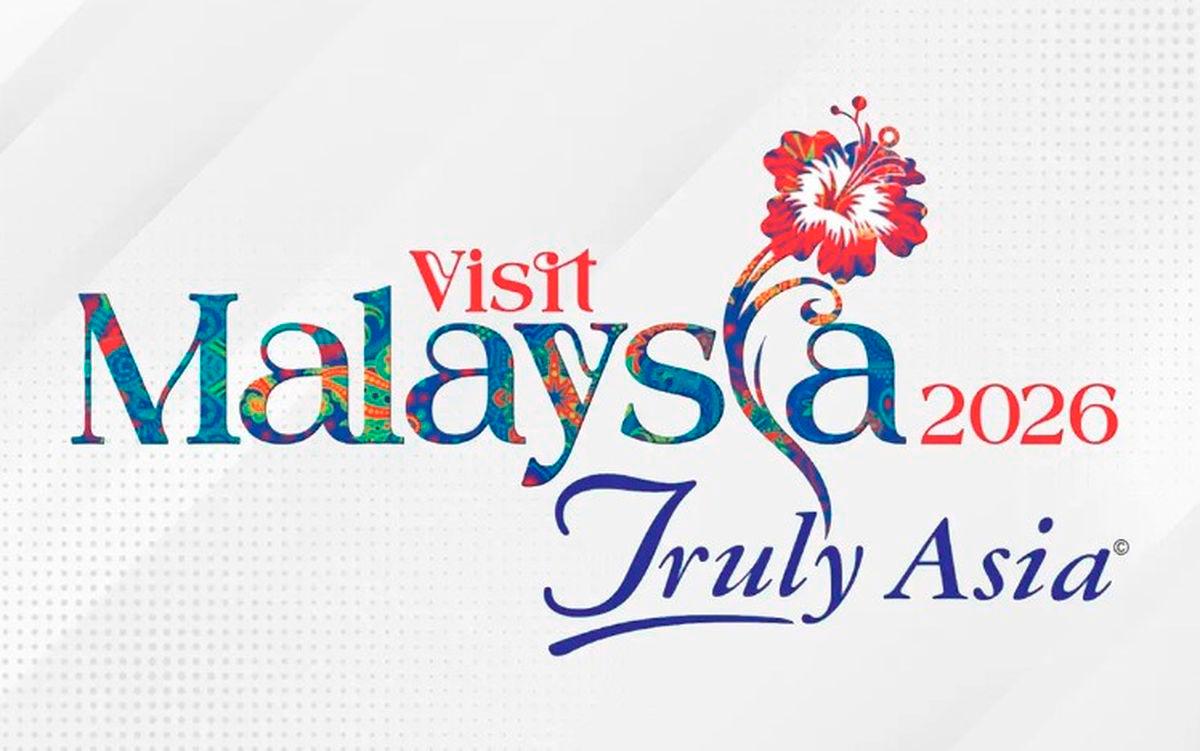PETALING JAYA: Malaysia’s tourism budget packs plenty of hype but little horsepower, and without deeper reforms, Visit Malaysia 2026 (VM2026) could end up just another flashy campaign, warned tourism expert Prof Dr Mohd Hafiz Hanafiah.
The Universiti Teknologi Mara Selangor deputy director said while Budget 2026 gives the sector a strong promotional lift, it falls short of delivering lasting change.
“The RM700 million allocation, including RM500 million for VM2026, focuses heavily on marketing and tax breaks instead of long-term transformation,” he said.
“It is a good short-term push, but not a game changer. From an economic point of view, it is less than 0.2% of total government spending. This shows that tourism still is not a top fiscal priority.”
Hafiz said the budget aims to sustain momentum rather than reshape the industry.
The RM500 million VM2026 campaign targets 35.6 million tourist arrivals and RM147 billion in revenue, with income tax breaks for tour operators and incentives for meetings, incentives, conventions and exhibitions.
“These are positive moves, but numbers alone do not pay the bills.
“Malaysia has been good at attracting tourists, but not at getting them to spend more. Budget 2026 still rewards volume over value,” he said.
He noted that most benefits would flow to established city operators while smaller and rural destinations risk being left behind.
“Secondary destinations need better roads, signage and accessibility. Yet there is no funding for digital booking tools or data systems to help small players.
“Training programmes are too broad. We need specific focus on hospitality, language and service quality before VM2026.”
Hafiz also warned that community-based tourism, homestays and rural tourism ventures are often left out.
“Many of them do not qualify for tax incentives because they earn below the taxable level, but they are key to Malaysia’s tourism story.”
He said the government should include them in incentive programmes, perhaps through travel vouchers for licensed community operators so that funds circulate locally.
He added that Malaysia still lags behind regional rivals in policy coordination and long-term planning.
“Thailand and Indonesia have been far more aggressive and coordinated. Thailand’s long-stay digital nomad visas and Indonesia’s infrastructure push across its cultural islands have strengthened their tourism ecosystems.
“Malaysia has strong branding and good air connectivity, but our policies remain scattered across ministries. There is no single, integrated game plan.”
Overall, Hafiz said Budget 2026 boosts Malaysia’s tourism visibility but does not move the needle on transformation.
“The focus on marketing makes Malaysia more visible and price-competitive, but without better coordination between the Tourism Ministry, Malaysia Airports and the Finance Ministry, the gains would not last.”









